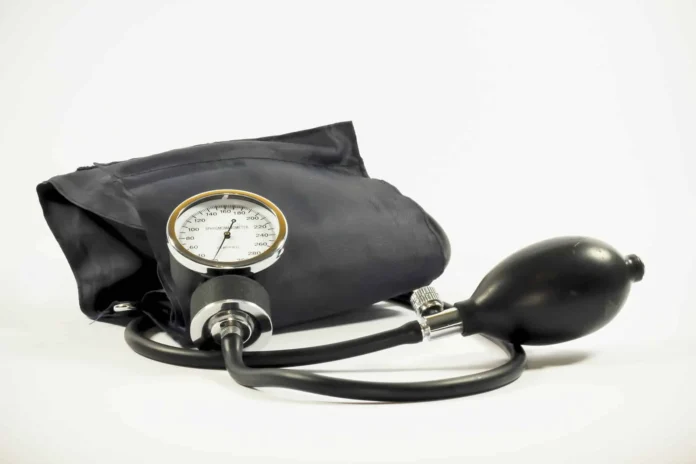Last Updated on January 14, 2024 by The Health Master
In order to address misdiagnosis, the Central Drugs Standard Control Organisation (CDSCO) will bring devices like digital thermometer and blood pressure monitoring devices under regulation as per new Medical Device (MD) Rules, 2017 from January 1, 2020.
However, those machines whose primary intended purpose is composite and not the individual or unit monitoring of the parameters are not being considered at this stage under new medical device regulations.
“Devices like digital thermometer and blood pressure monitoring devices the primary intended purpose of which is for temperature monitoring or blood pressure monitoring (unit parameter) will be considered under the purview of regulation with effect from January 1, 2020. These were notified on December 3, 2018,” said Drugs Controller General of India (DCGI) Dr V G Somani in a notice.
According to studies done in the past few years, seventy per cent of digital blood pressure monitors used at homes are unacceptably inaccurate and could cause serious implications for people who rely on them.
The findings are relevant given millions of patients are asked to monitor their blood pressure through a device at home and report the results back to their doctor.
The recent India Heart Study (IHS) released in August this year has also revealed 42 per cent of Indians are at risk due to misdiagnosis of hypertension. The study has highlighted high prevalence of masked hypertension and white-coat hypertension in Indians on first clinic visit.
Masked hypertension is defined as a normal blood pressure (BP) in the clinic or office but an elevated BP out of the clinic (ambulatory daytime BP or home BP), while white coat hypertension is a syndrome whereby a patient’s feeling of anxiety in a medical environment results in an abnormally high reading on measurement of blood pressure.
What sets this study apart is that it was conducted a ‘drug-naive’ set of participants using a comprehensive process of taking blood pressure readings.
The investigators examined the blood pressure of 18,918 participants (male and female) through 1,233 doctors across 15 states over a period of nine months. The participants’ blood pressure was monitored at home four times in a day for 7 consecutive days.
The study also revealed that Mumbai fares a tad better at 38.2 per cent with 15.4 per cent masked and 22.8 per cent white-coat hypertensives
It was also found that Indians have a higher average resting heart rate of 80 beats per minute, higher than the desired rate of 72 beats per minute.


